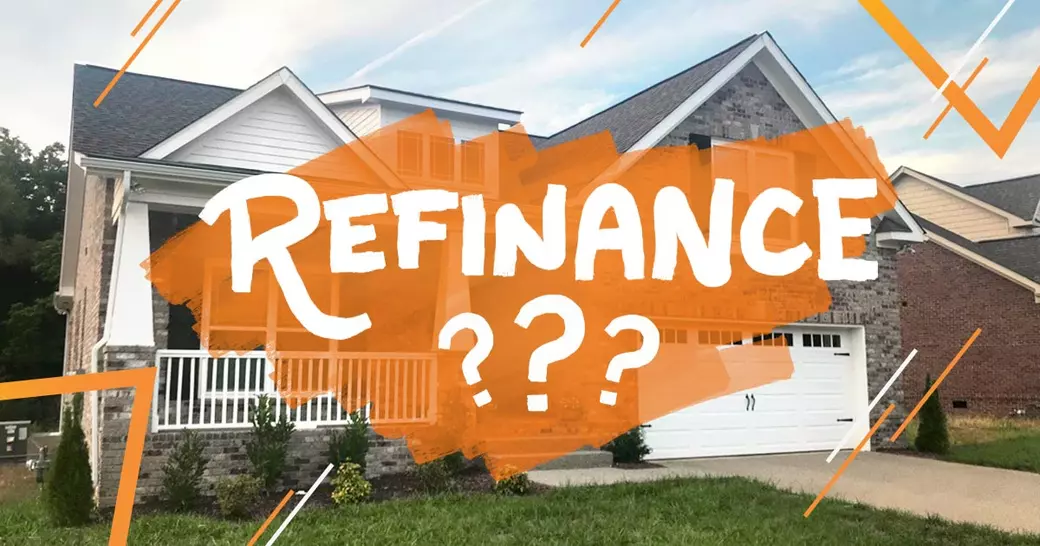When to refinance your home

Refinancing your home can be an excellent way to save money on your monthly mortgage payments, reduce the total amount of interest you will pay over the life of your loan, or even get access to cash that you can use to pay for home improvements or other expenses. But, when is the right time to refinance your home, and what factors should you consider if you're thinking about taking this step? In this blog post, we'll explore these questions and more, with insights for buyers, sellers, and mortgage holders alike.
First, let's look at the benefits of refinancing for buyers. If you're currently paying a high interest rate on your mortgage or have an adjustable rate mortgage that's about to reset, refinancing can be an excellent way to lock in a lower, fixed interest rate. This can save you money on your monthly payments and help you build equity in your home faster. Additionally, if you've built up a significant amount of equity in your home, refinancing can allow you to access that equity and use it to pay for home improvements or other expenses.
For sellers, refinancing can be a smart move if you're looking to lower your monthly payments and increase your net profit from the sale of your home. By refinancing to a lower interest rate, you can reduce your monthly mortgage payments and free up more money to put towards the sale of your home, such as staging or marketing costs. Additionally, by refinancing before you sell, you can ensure that your home is in the best possible financial position for potential buyers.
Now, let's talk about some of the factors you should consider when deciding whether or not to refinance your mortgage. One critical factor is the current interest rates. If interest rates have dropped since you took out your original mortgage, it could be an excellent time to refinance and take advantage of lower rates. However, if interest rates have risen, refinancing may not be the best choice, as you may end up with a higher rate than you currently have.
Another factor to consider is your credit score. If your credit score has improved since you took out your original mortgage, you may be eligible for a better interest rate, which could make refinancing a smart choice. Conversely, if your credit score has declined, you may not be able to qualify for a better rate, and refinancing may not be the best option.
Finally, it's essential to consider the costs associated with refinancing, such as closing costs and fees. While refinancing can save you money over the long term, it's important to calculate the total costs of refinancing and make sure that the savings you'll achieve are worth the upfront expense.
One person who has extensive experience with refinancing is Ana Bastas, a real estate expert with over 10 years of experience in the industry. According to Ana, "The decision to refinance your home can be a tough one, but it's important to consider all of the factors and weigh the pros and cons carefully. Working with a knowledgeable mortgage professional can help you make an informed decision and ensure that you're getting the best possible terms for your refinancing."
In conclusion, refinancing your home can be an excellent way to save money on your monthly mortgage payments, access cash, or improve your financial position as a seller. However, it's important to consider the current interest rates, your credit score, and the costs associated with refinancing before you make a decision. By doing your research and working with a trusted real estate professional , you can make a decision that's right for your unique situation and goals.
Categories
Recent Posts










"My job is to find and attract mastery-based agents to the office, protect the culture, and make sure everyone is happy! "
